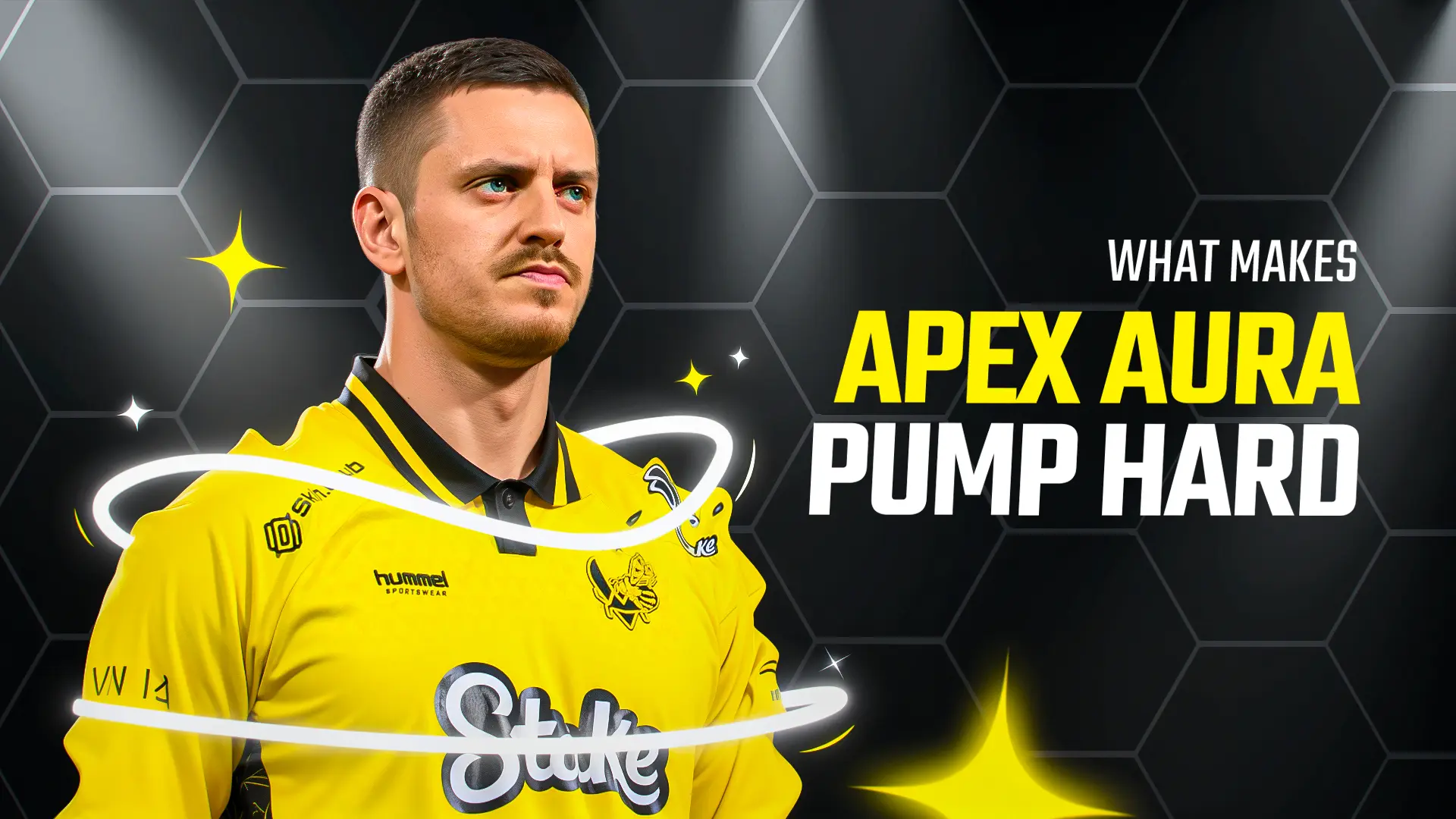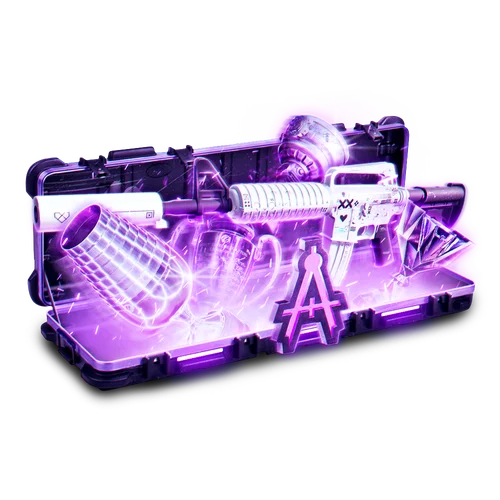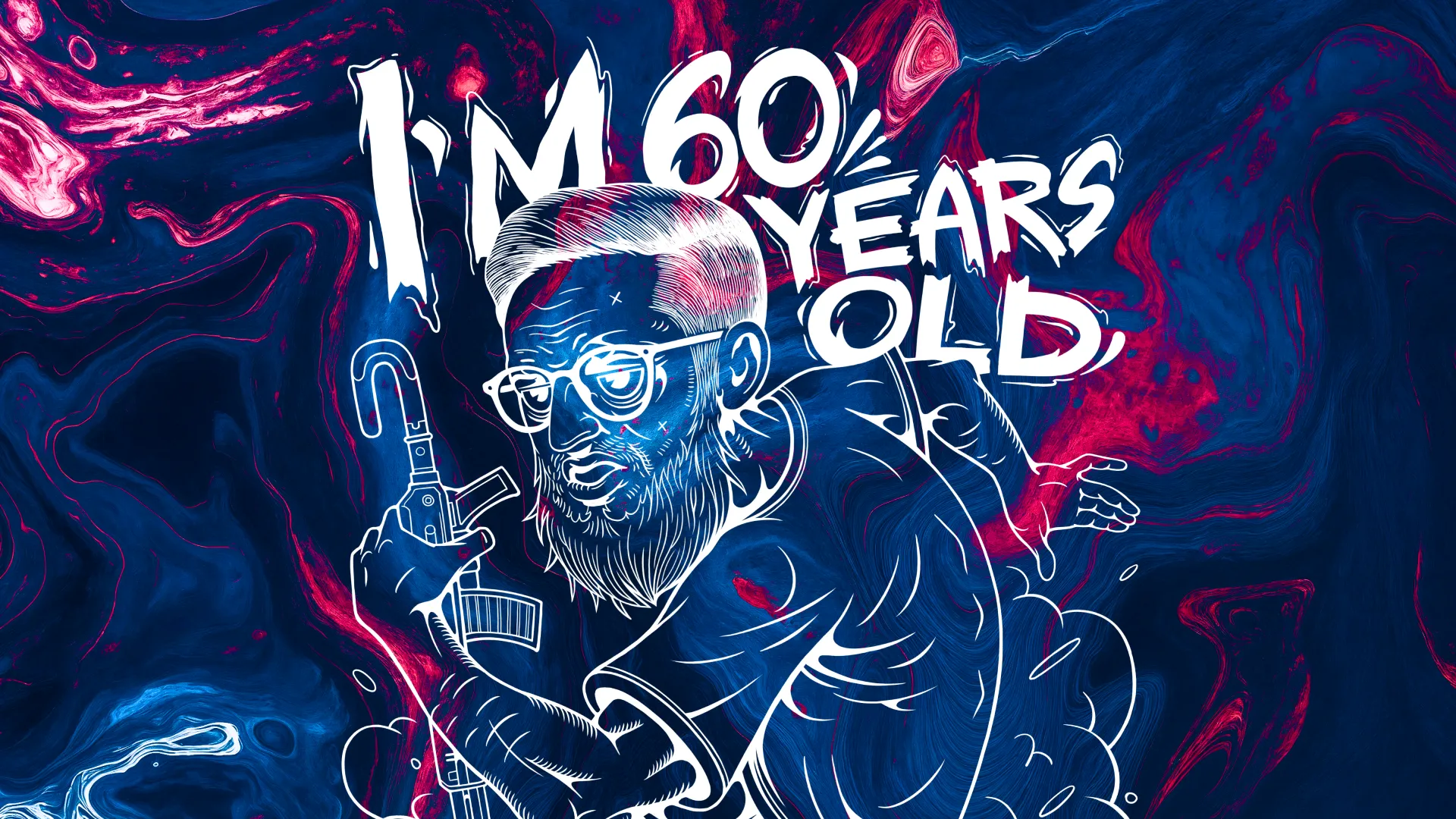Virtus.pro is no longer the proud name it once was. The aura of legends, the roar of the bear, the memories of trophies — all of that has rotted away. What remains today is a graveyard, and every new signing is less of a rebirth and more of a funeral. Talents arrive with fire in their eyes, only to find themselves suffocated by contracts, broken by internal politics, and slowly buried under the soil of mediocrity.
Headstones Where Players Should Be
You can almost walk through the cemetery and read the inscriptions. FL4MUS, once the future, now locked away until 2029 like a prisoner without parole. ICY, a young prospect, drifting through matches like a ghost, his confidence stripped away by pressure and an unforgiving spotlight.
Perfecto, pulled from the shadows of retirement, not to lead a renaissance, but to stumble into chaos — his return a cruel exhumation rather than a rebirth. Even FL1T, once hailed as a rising star, now stands in limbo, his brilliance dulled by a system that never gave him room to shine.
And then there is electroNic, the supposed savior. His arrival was meant to herald a new dawn, but instead it became a slow-motion funeral march. BLAST Open London 2025 was his last stand in a team that never gave him a foundation. When he left, it wasn’t simply a roster change — it was the confirmation that even a player of his caliber cannot survive inside Virtus.pro’s mausoleum.
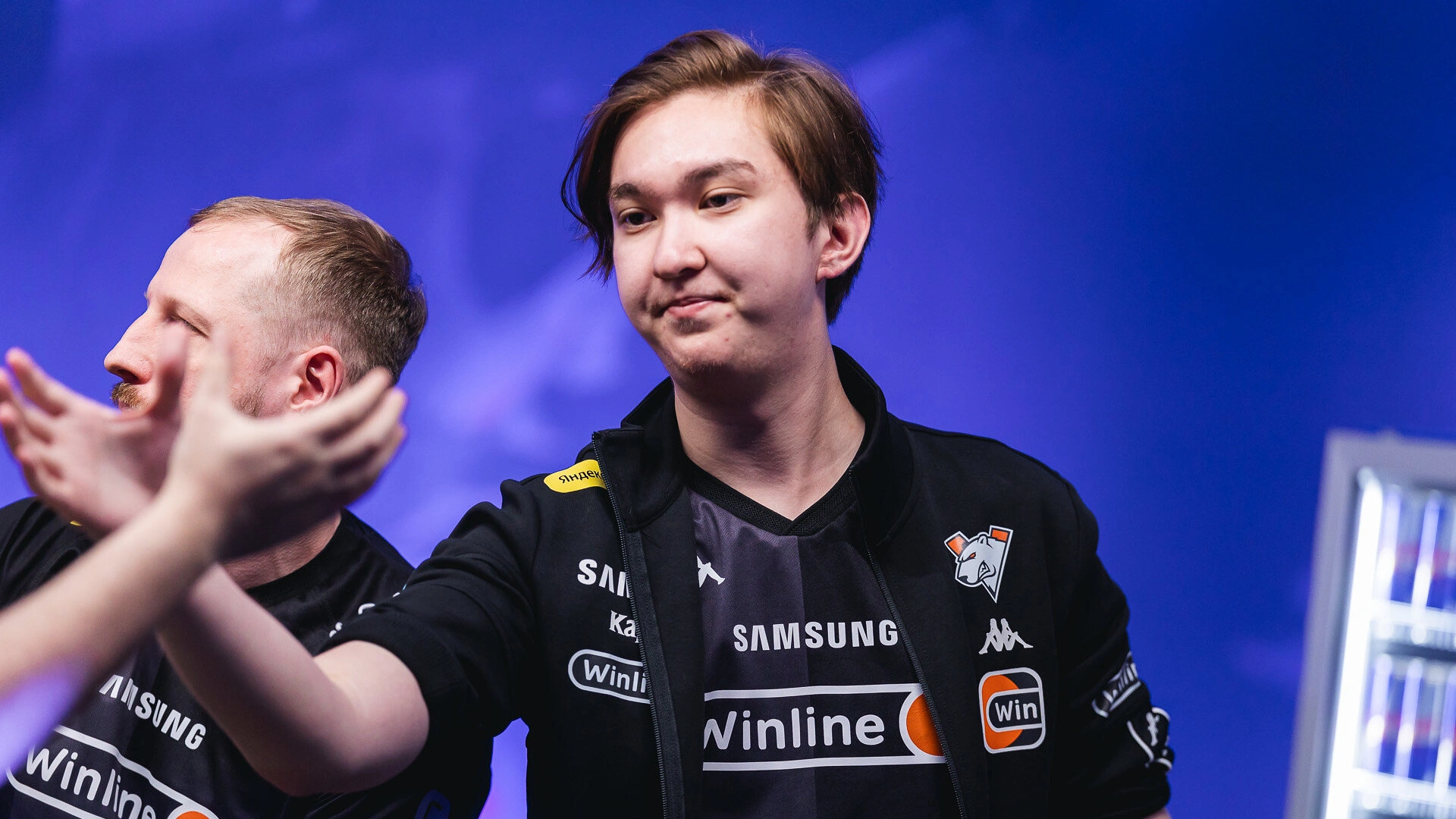
A Team That Eats Its Own
The tragedy of Virtus.pro lies not in a single bad result, but in the system itself. This is not an organization that nurtures. It is one that consumes. Coaches are treated as disposable gravediggers, rotated in and out with no continuity, no vision, no long-term plan. Contracts are designed not to protect players, but to trap them, chaining them to a sinking project long after the passion has died. And inside the server, leadership doesn’t empower — it suffocates.
Under electroNic, the team’s play became a paradox: rigid enough to kill creativity, yet fragile enough to collapse under the slightest pressure. The free-flowing aggression that made players like fame or flameZ dangerous in the past was stifled by a suffocating system. The initiative that once fueled their highlight rounds was replaced by hesitation, reactive calls, and the visible frustration of a team that didn’t know who they were anymore. This wasn’t just tactical failure — it was the slow erosion of identity.
What makes this cycle so grotesque is that it repeats endlessly. VP has become a machine of decay: it takes promising individuals, grinds them down, and spits them out hollow. No matter how talented, no matter how decorated, once inside this system, players lose the very qualities that made them great.
The Vacancy No One Wants
With electroNic gone, the most haunting question emerges: who will replace him? But the vacancy in Virtus.pro is not a chance to lead a rebuild; it is an open grave waiting for another name to be carved. No ambitious player truly wants to step into this environment — an environment where results are disastrous, management is erratic, and the community already refers to the team not as a contender, but as a cautionary tale.
Even commentators now speak of the situation with bitter humor. Travis “Trav” Landaw summed up the mood after London:
With all due respect: thank god for that. Sub FL4MUS back in and switch the roles around? A completely new signing? Whatever it is, there’s no way it won’t be an improvement. Not even joking when I say that bringing Jame back might be a good idea. He’s been calling a MUCH nicer style over at PARIVISION with the youngsters. Bring FL4MUS back, -ICY, +Jame. Unlikely but I’d be totally fine with it.
It is telling that what passes for optimism now is not excitement over new talent, but speculation over which old ghost might be exhumed next.
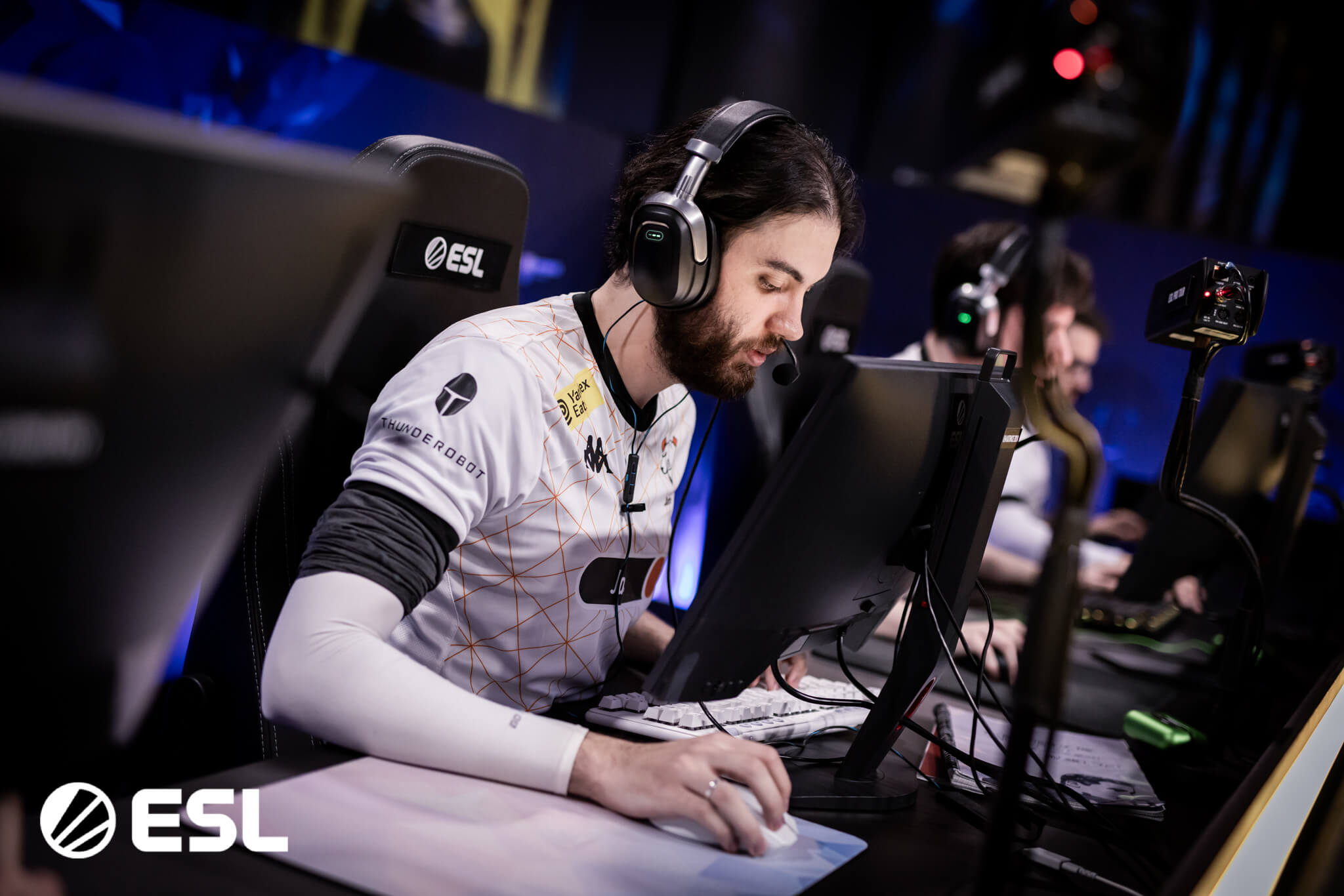
The Cemetery Grows
Every defeat adds another layer of dirt on the coffin. Losses to stand-in rosters like TYLOO, humiliations at Cologne, the collapse in Closed Qualifier to BLAST Open London — they are not just setbacks. They are funerals. The win rate is a statistic, but the reality behind it is more damning: Virtus.pro no longer looks like a competitor. They look like a procession.
And unless the organization tears this entire structure down, unless it rebuilds not just the roster but the very philosophy of how it operates, the graveyard will only grow. More names will fade into the tombstones. More dreams will be smothered in contracts. More players will walk in with hope, and crawl out with nothing but dust.
The bear once symbolized strength. Now it is nothing more than a carrion eater, feeding on the bones of its own. Virtus.pro is no longer a path to greatness. It is a cemetery of talent, and every transfer window simply adds another headstone to the field of wasted potential.
Epilogue: A Necrology of Ambition
Once, the bear on Virtus.pro’s crest was a symbol of strength. Now it is a carrion eater, feeding on the bones of its own. The graveyard is already crowded, and the tombstones are lined up for more. Whoever dares to sign next should know the truth: this is not a contract, it is an obituary. Virtus.pro doesn’t sign players anymore. It buries them.





























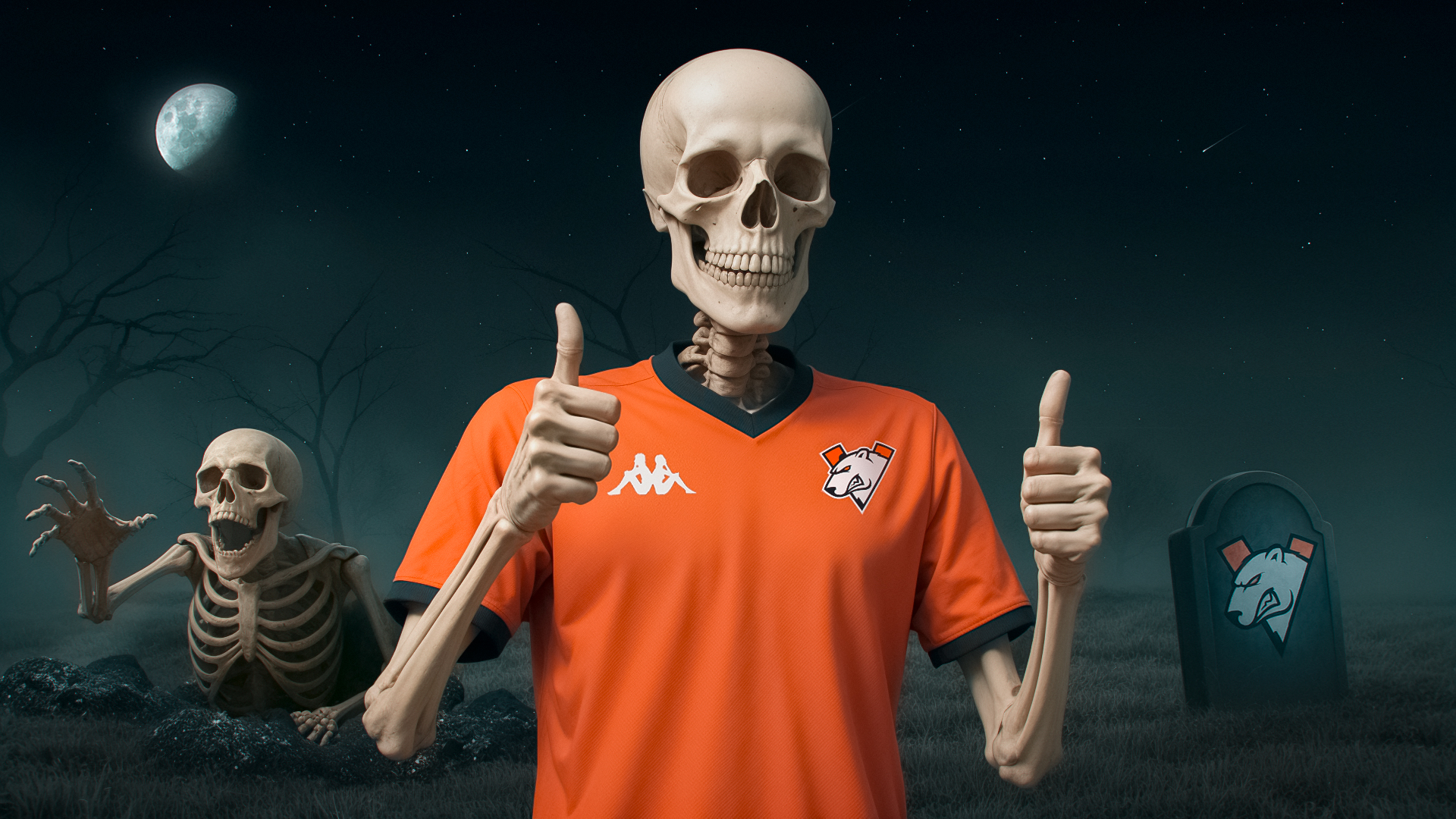



![Complete Guide to Weekly Drops in CS2 [2025]](https://community.skin.club/wp-content/uploads/2025/10/Main-x-Name-11.jpg.webp)

